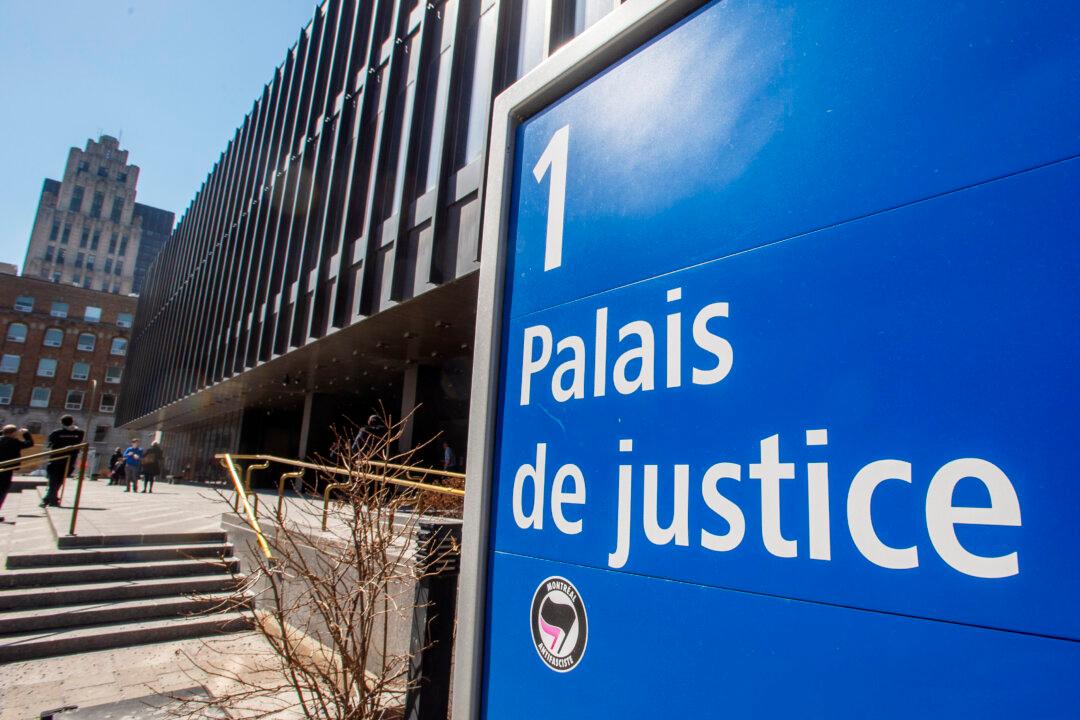The Roman Catholic Archdiocese of Montreal says it is considering its options after a palliative care home the church funds was denied an exemption from Canada’s medical assistance in dying (MAID) regime.
Quebec’s Superior Court ruled on March 1 that individuals’ right to choose their medical care—including a doctor-assisted death—outweighs any infringement of religious freedom.





